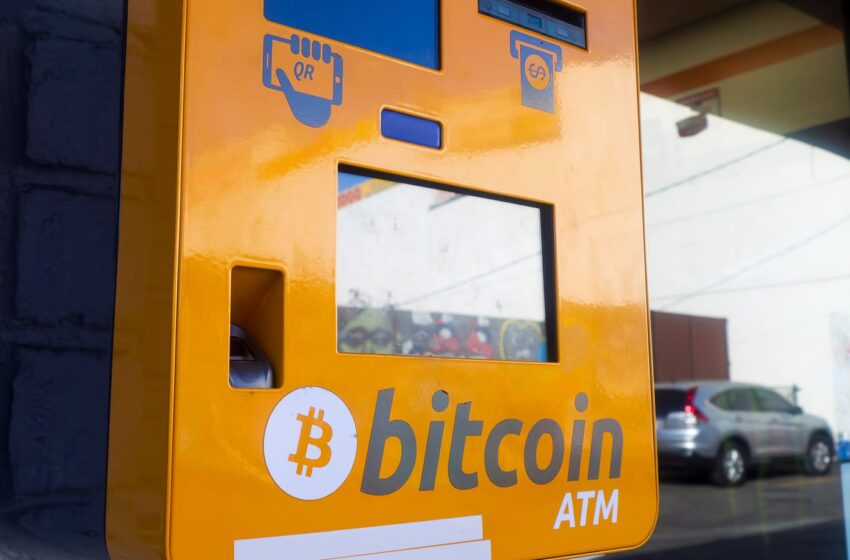
Australia Ranked Third in Installing Crypto ATMs Globally
Adoption of cryptocurrency is gaining ground fast in Australia, which has emerged as the third largest market in the world with 1,162 active crypto automated teller machines (ATMs), after the US (31,170) representing 82.8% of the total and Canada (2,918) making up 7.8% of the market share respectively.
Australia now has more Bitcoin ATMs than the entire Asia as the number of crypto machines in the Land of Kangaroos increased 17 times, with a market share of 3%. From a meagre 67 machines in August 2022, Australia has witnessed installation of 1,162 crypto ATMs till date.
In April 2023, Australia surpassed Asia in Bitcoin ATM count, surpassing major economies in the region such as China, Japan, Singapore, and India. If the current installation rate persists, Australia is poised to overtake Europe, which presently hosts 1,617 machines, representing 4.3% of the global total, according to media reports.
The US-based Bitcoin Depot’s chief executive Brandon Mintz said that the company has over 200 kiosks in Australia waiting to be deployed pending approval from Australian Transaction Reports and Analysis Centre (AUSTRAC).
Illicit Activity Up
Blockchain intelligence firm TRM Labs said that crypto kiosks dominate the cash-to-crypto industry, which has processed at least $160 million in illicit volumes globally since 2019. Australia as a whole saw about $223 million of illegal digital-asset activity from 2022 to 2023, according to consultancy Chainalysis.
Some countries have started cracking down on these machines. Germany recently seized 13 unlicensed crypto ATMs, while the UK’s Financial Conduct Authority pulled 26 machines last year, reducing the number of active kiosks by 90%.
According to AUSTRAC, digital currencies and distributed ledger technology (such as blockchain) enable digital transactions and the delivery of financial products and services in new online networks, environments and marketplaces.
Digital currencies have seen a significant increase in value and acceptance over the last five years, with Australians rapidly taking up this new technology. As confidence in the security, traceability and speed of distributed ledger technology increased, it also had the potential to create efficiencies across various sectors including payments, logistics and healthcare, AUSTRAC said.
“Unfortunately, organised criminal groups and individual offenders may also take advantage of these efficiencies to conduct criminal activities and attempt to evade law enforcement detection. The pseudo-anonymous and borderless nature of digital currencies presents a risk for the facilitation of serious crimes,” The regulator added.















